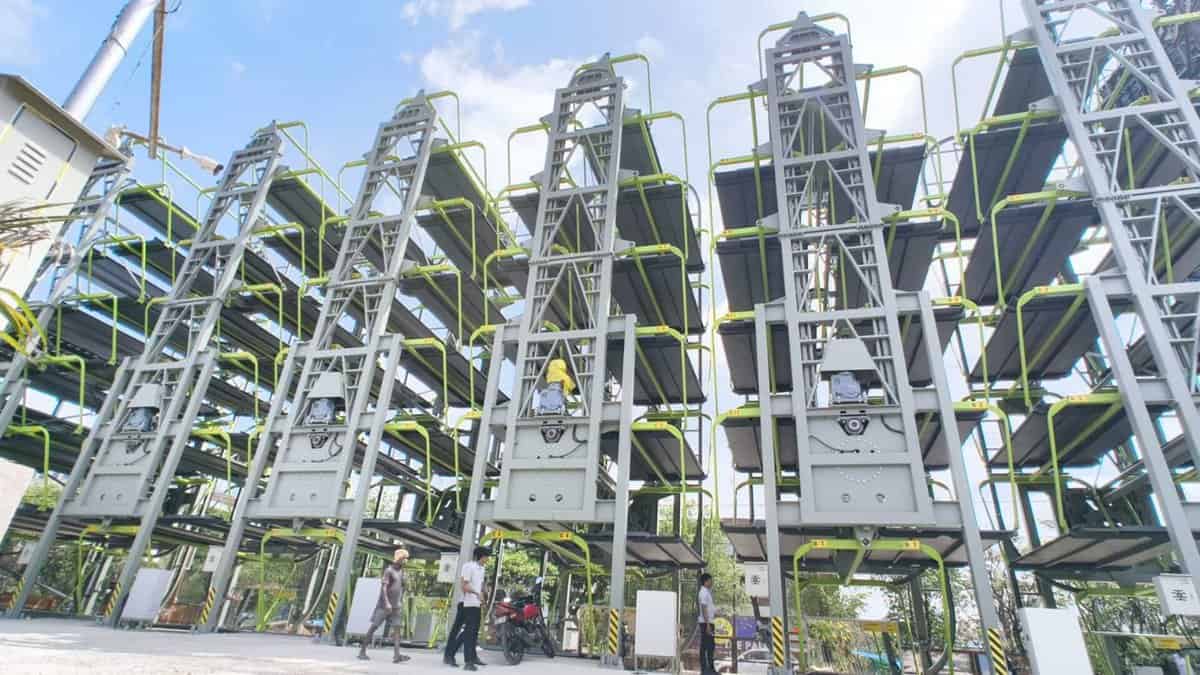The Indian Army is very impressed with the Pinaka multi-launch artillery rocket system, which is made in India, and is working on fully equipping itself with it. In line with this, a significant deal is expected to be finalized soon. The Army requires a large quantity of ammunition for the Pinaka rocket system and is planning to place orders worth Rs. 10,200 crore during this financial year.
Army Chief General Upendra Dwivedi said that two contracts will be signed for two types of Pinaka systems. One contract will be worth Rs. 5,700 crore, and the other Rs. 4,500 crore. These deals are expected to be finalized by March 31, before the financial year ends.
The Army already has 10 Pinaka regiments, with four of them deployed. Some of these launchers are placed in high-altitude areas along the northern border with China. The remaining six regiments are in the process of being deployed. Pinaka is one of the best rocket systems in the world and can effectively target locations in high-altitude regions.
Received order from Armenia
In November last year, the Pinaka system underwent successful testing. Shortly after the tests, it received its first international order. Armenia has signed a contract with India to purchase Pinaka rockets. DRDO has developed various types of weapons for the Pinaka system, including rockets with an extended range of 45 kilometers and guided extended-range rockets capable of reaching 75 kilometers. Work is underway to further extend this range to 120 kilometers and eventually to 300 kilometers.
General Dwivedi stated that once the Pinaka rockets achieve longer ranges, the Army will focus solely on this system, moving away from other alternative long-range weapons.
Pinaka MBRL
Developed by the Defence Research and Development Organisation (DRDO), the Pinaka Multi-Barrel Rocket Launcher (MBRL) has been in use since 2000.
The Pinaka Mk-I has a range of 40 kilometers (25 miles), while an upgraded version, known as the Enhanced Rocket System (EPRS), can reach targets up to 90 kilometers (56 miles).
Additionally, two advanced versions with extended ranges of 120 kilometers (74 miles) and 300 kilometers (186 miles) were approved for development last year.
In November, a guided version of the Pinaka successfully completed flight tests.

















































